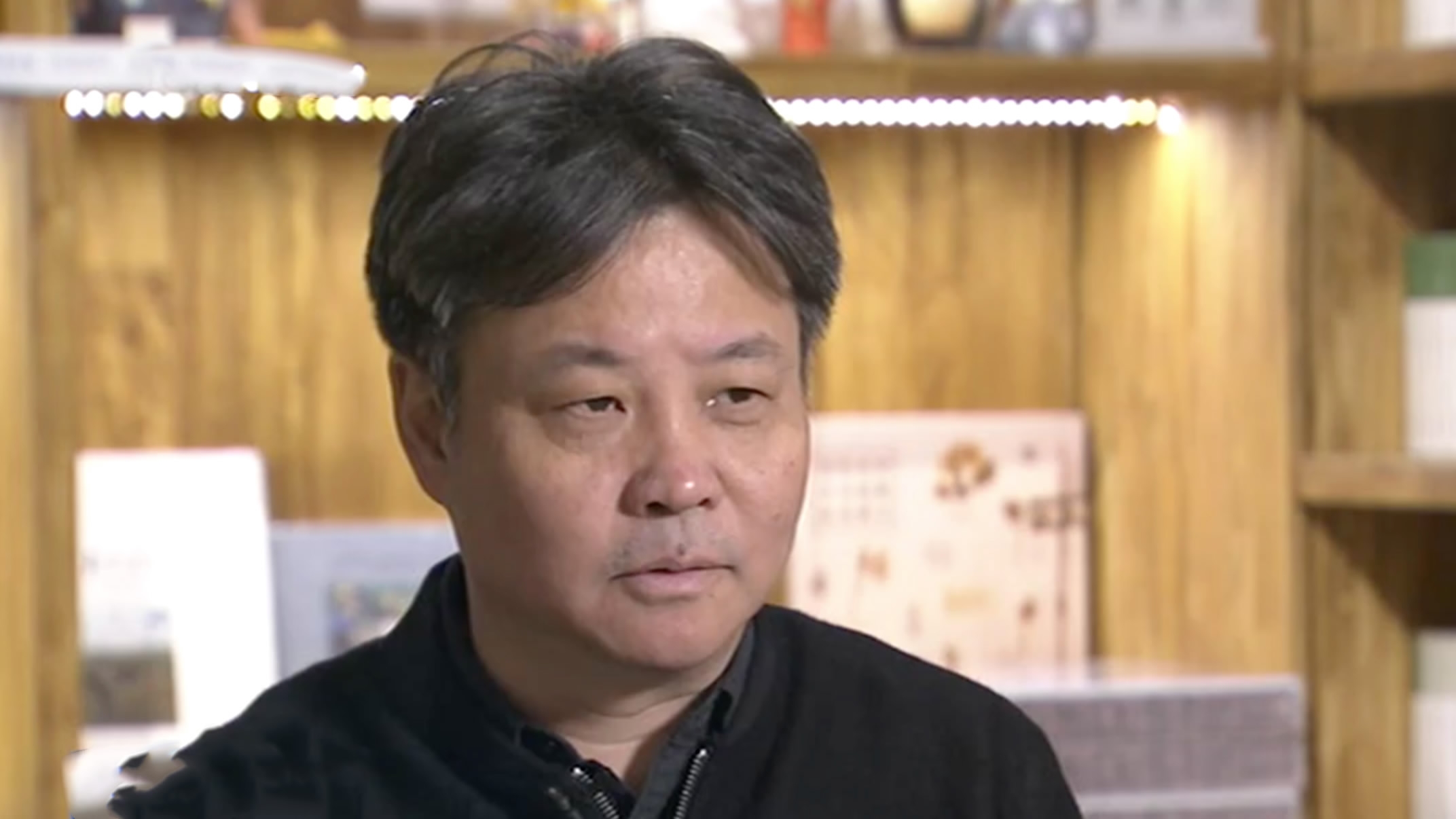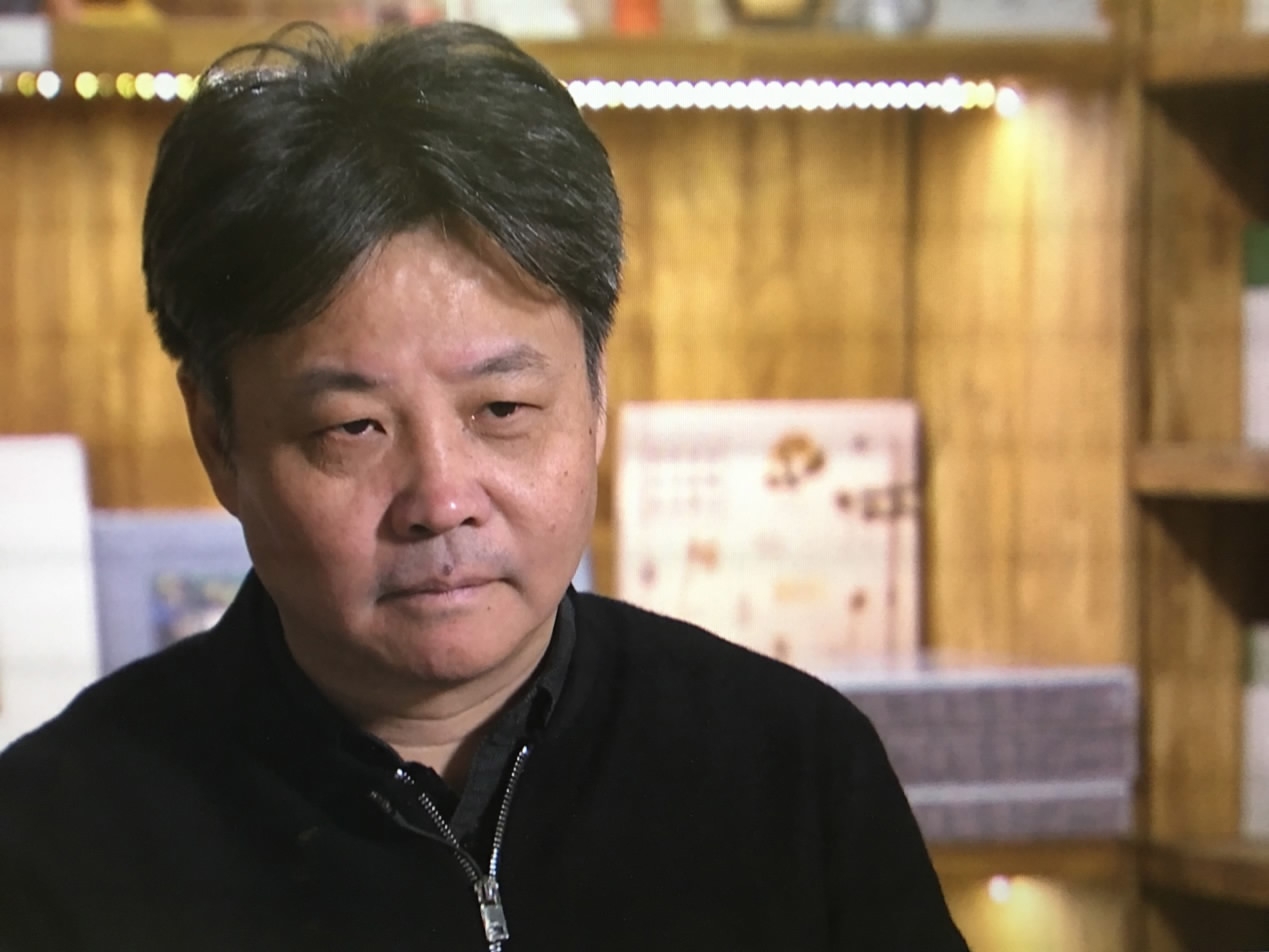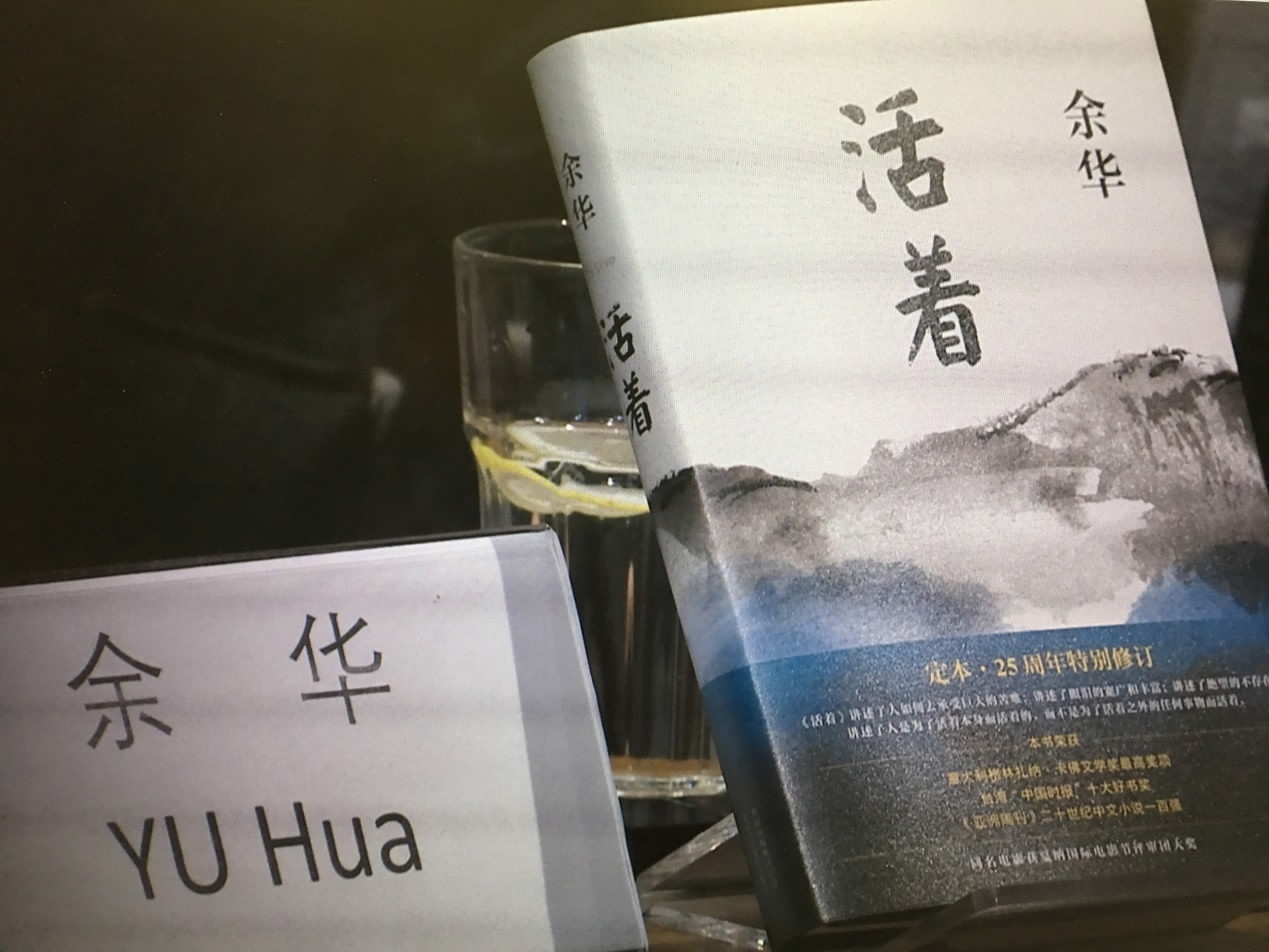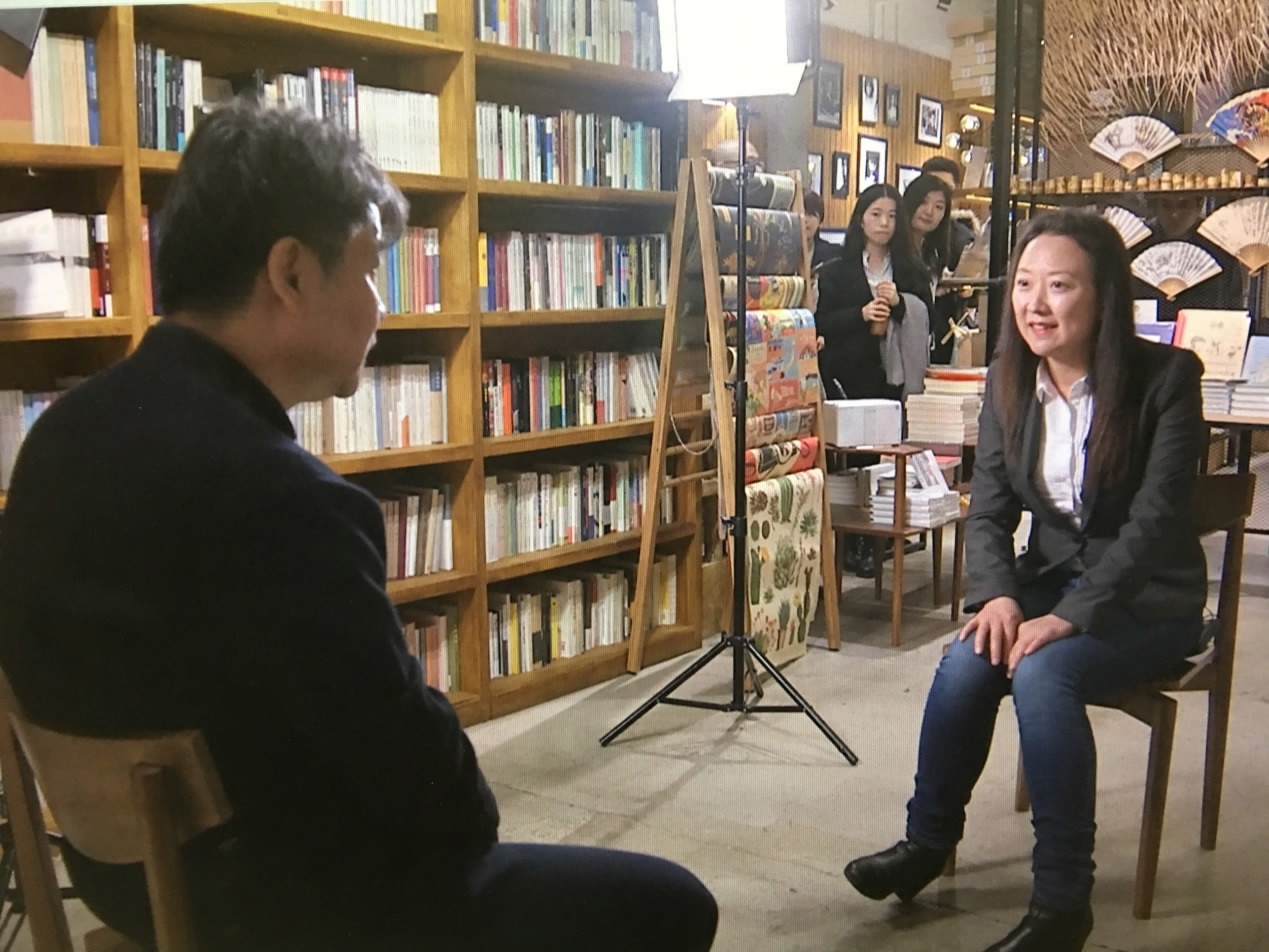
Culture
21:33, 20-Mar-2018
Writer of 'To Live' dishes on Australian literature and his works
By Song Yaotian

Renowned Chinese writer Yu Hua is best known for his award-winning novel "To Live", which was adapted into a film by director Zhang Yimou in 1994. Yu Hua is also part of this year's Australian Writers Week in China, and was featured in a panel discussion alongside notable Australian author Richard Flanagan.
Our reporter Song Yaotian caught up with the Chinese writer ahead of their talk at a branch of the One Way Street Bookstore in the east of Beijing.
Song Yaotian: What do you think is the significance of the Australian Writers Week, both in terms of the Sino-Australian exchange in literature and the exposure of Australian literature in China?
Yu Hua: I know that four Australian writers have come for this year's Australian Writers Week, but I have only read novels from two of them. In 2015, I read "Carpentaria" by Alexis Wright. I also got to know her when I was in Australia for a China and Australia cultural exchange event. We met at her university. She is very friendly. Her great grandfather was Chinese. And she herself is an aboriginal. I read her novel when I returned from my trip, and liked it very much. I like Flanagan's novel too. Many Western countries have these kinds of promotional events for writers. And normally the results are very positive. China has similar kinds of events for writers too. The visit from these two Australian authors is very important. It will prompt Chinese publishers to continue publishing their books, and therefore Chinese readers will increasingly know more about them, and know just how great Australian literature is today.

Yu Hua /CGTN Photo
Yu Hua /CGTN Photo
Song Yaotian: You're going to talk with Australian writer Richard Flanagan. You're roughly the same age, and both of you have novels adapted into films, what are you expecting to get from this conversation?
Yu Hua: I think his novel "The Narrow Road to the Deep North" is a book that one must read. It is a great novel. It is one of the two or three best novels out of more than 20 non-Chinese novels I've read in the past two years.
Song Yaotian: In what way is "The Narrow Path to the Deep North" good?
Yu Hua: This novel is so good that when you ask in what way this novel is good, it's difficult to answer. If I can easily answer the question, it means the novel is not good enough. If I can easily answer your question, that means there are only a few points that I think are good. The novel is a marvelous work that is good from beginning to end.

A copy of "To Live" by Yu Hua /CGTN Photo
A copy of "To Live" by Yu Hua /CGTN Photo
Song Yaotian: It's been 25 years since your most popular novel "To Live" was published. Is the theme of societal hardship still something you're most interested in portraying?
Yu Hua: It depends. There are different themes. I was 25 years younger than I am now. I finished the novel in 1992, and it was published in the sixth and last edition of that year's "Harvest", a literature magazine. The book was released in 1993. I think writing changes as the theme the author chooses changes. When a writer chooses another theme, it might mean that something has changed deep in his heart.
Song Yaotian: How much did the film adaptation of "To Live" boost the novel's popularity?
Yu Hua: I think the film adaptation was pretty good. When a film gets made from a book, it does boost the book's sales. But when "To Live" reached 10 million copies, that was the book alone, it had nothing to do with the film. "To Live" is not the only novel that Zhang Yimou has adapted, but it is the only one that has reached the benchmark of 10 million copies in volume. Last year alone, it sold 1.88 million copies. I've met some readers who were born after 1995. They didn't even know the novel had a film that was based on it. People my age all know it. But people from the younger generation don't. So it has nothing to do with the film any more. The film might have contributed around 100,000 to 200,000 copies.

Yu Hua sits down for an interview with CGTN reporter Song Yaotian. /CGTN Photo
Yu Hua sits down for an interview with CGTN reporter Song Yaotian. /CGTN Photo
Song Yaotian: Can you tell us something about the translation and publication of your works, are they well received?
Yu Hua: As far as I can tell, it's good. And it's becoming better and better. The measure of a writer's success is when he has no problem releasing his books. I think I'm successful in China because there are publishers out here willing to publish my books. It's not the publishers who choose my books. I must compile the book and ask someone to publish it. There aren't too many countries where I've established this relationship. There are maybe six or seven of them. The US is one. They will publish whatever I ask them to. France and Italy are the same too. South Korea, and Serbia as well. While Japan has published seven or eight of my books, I still don't think I'm successful there. Because they are choosing from my work, it's not the other way around. Who is the leader and who is the follower determines your real popularity in that country. But a dozen other countries like Germany, Spain, and Denmark are marching toward this path. So I think it's still very promising.

SITEMAP
Copyright © 2018 CGTN. Beijing ICP prepared NO.16065310-3
Copyright © 2018 CGTN. Beijing ICP prepared NO.16065310-3